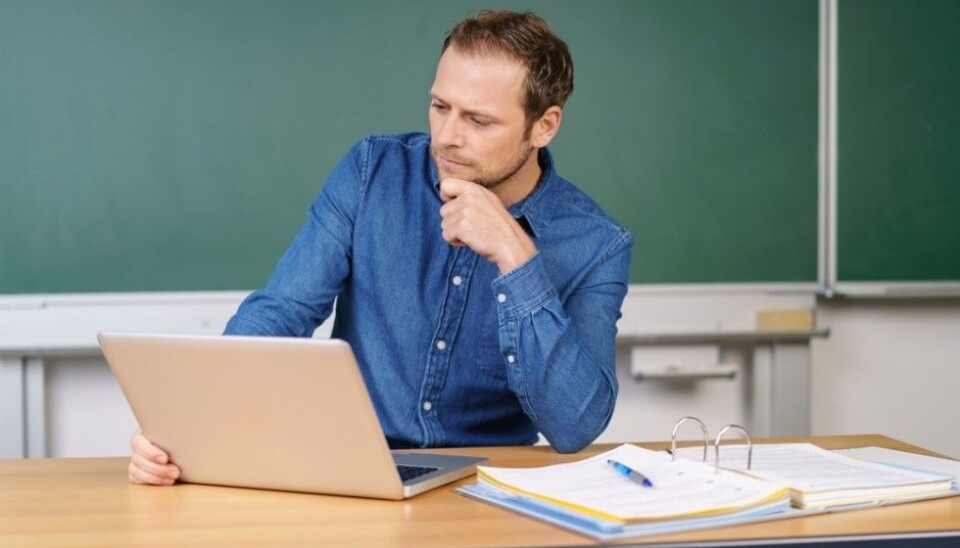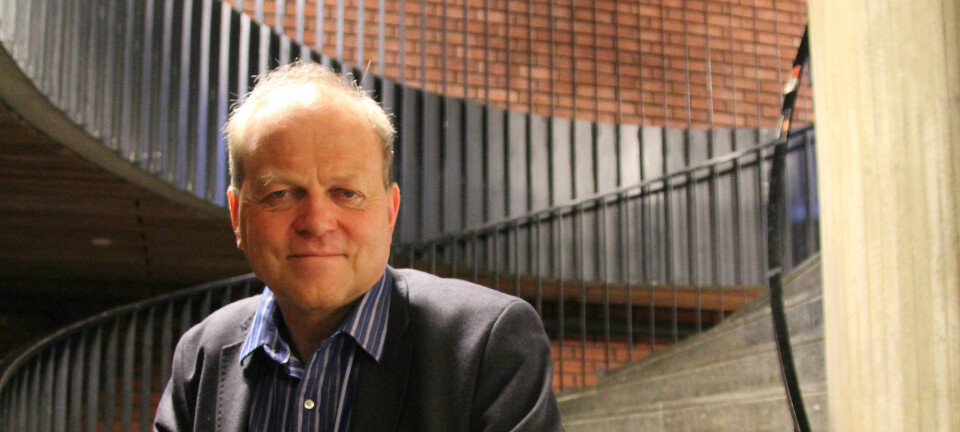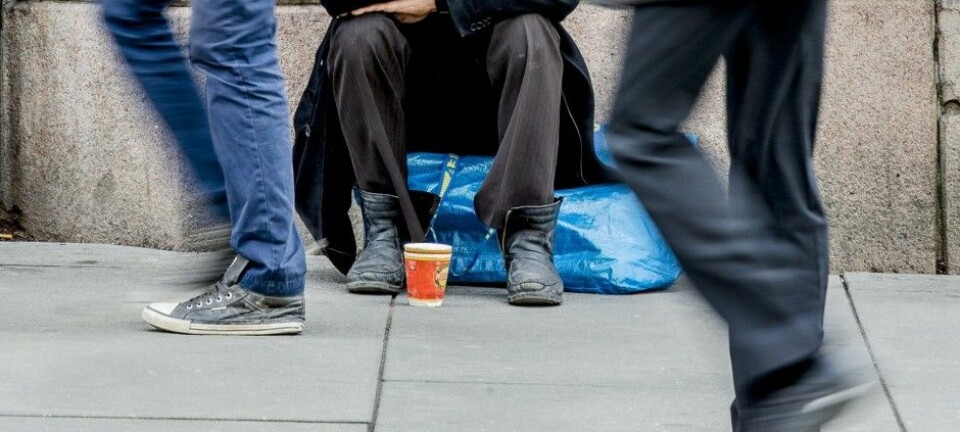
Handling extreme ideas in the classroom
The classroom should be a safe place for students to openly voice their opinions. But how far should a student with intolerant or extremist ideas be allowed to go before a teacher does something?
How should teachers balance their responsibility for monitoring and reporting radical students with the students’ own rights and needs to express themselves and discuss difficult ideas in the classroom?
Christer Mattsson is a researcher at the University of Gothenburg who has looked at this issue in a new study of schools, radicalization and violent extremism. Mattsson was once a teacher himself and has first-hand experience in addressing the issue of violent extremism in the classroom.
Mattsson believes that teachers are in a bind. They are expected to report to police and other officials if they discover that a student is in the process of being radicalized. But the law does not support this expectation. Moreover, he writes, it is in conflict with students' basic rights.
On the other hand, teachers also have responsibility to the school's democratic mission.
The classroom should be a safe place where students can voice their ideas and where controversial and extreme views should also be discussed. This is part of helping students develop democratic values, Mattsson explained in a press release from the University of Gothenburg.
Teacher or informer?
Mattsson has studied policy documents from the EU, the Swedish government and 127 action plans developed by Swedish municipalities to prevent violent extremism. In addition, he has interviewed people who are in key positions in organizations that work to prevent extremism.
His research shows there is little to no guidance as to how a teacher should act when they know that a student has become radicalized. He believes that teachers are left to themselves when it comes to handling radicalization in the classroom.
In the UK, for example, schools have long had a separate programme designed to prevent and detect radicalization. British teachers, under British law, have to report signs of extremism among their students.
British authorities believe that this has resulted in 7500 children and adolescents being reported. The authorities believe this has prevented 150 of them from traveling to conflict zones in Iraq and Syria.
But British researchers believe that this system has damaged the trust between teacher and student and that it is devastating to the school’s democratic mission, Mattsson wrote in his doctoral dissertation.
“Intolerant or extremist views and arguments are coded as risk signals that may have to be reported to the police, even though no criminal offense has been committed, rather than as views that should be critically scrutinized and debated in open discussions in classrooms,” he wrote.
Important to prevent exclusion
Norway developed an action plan on radicalization and violent extremism in 2014.
In association with the plan, the Rafto Foundation for Human Rights, a non-profit, non-partisan organization that works for the global promotion of human rights, developed a model course for schools. Solveig Moldrheim is responsible for the course, and is currently working on her doctorate at the University of Bergen.
Moldrheim believes that the British programme, where teachers are given detailed guidelines about how to detect signs of radicalization among students, is a dangerous path to follow.
"It is understandable that teachers may be uncertain and afraid because there is such a big focus on radicalization in our society. Clearly, some teachers would like tools to help with this. But if you as a teacher start learning to look for extremism in students, you start to look at students as suspects, and then you’re playing the role of an informant, not a teacher,” she said.
Preventing extremism is not that much different everything else that teachers have to do at school, said Moldrheim.
"It's about building good relationships,” she said.
Find a positive angle
Moldrheim says if a student says extreme things, teachers have to try to find a positive premise for the conversation.
“If a student says: Muslims beat their wives, another student will says it's wrong to beat your wife. As a teacher you can ask: Are there Christians who beat their wives? Are there Muslims who don’t beat their wives? These questions can help teachers can deconstruct the generalizations in the student’s statement,” she said.
In spite of the challenges, Moldrheim says it is important that Norwegian schools allow controversial ideas to be scrutinized and debated openly.
“Teachers must dare to let disagreement flourish in the classroom,” she says. “It is very important for democracy that students are taught to disagree in a constructive way."
-------------------------------------
Read the Norwegian version of this article at forskning.no.









